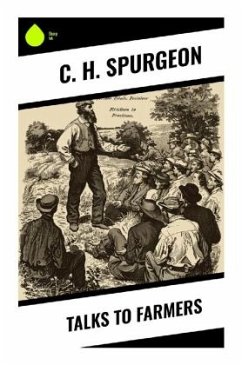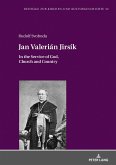In "Talks to Farmers," C. H. Spurgeon artfully marries pastoral wisdom with spiritual insights, providing a compelling discourse aimed at agricultural communities. Spurgeon's literary style balances eloquence and accessibility, featuring anecdotes, parables from nature, and scriptural references that illuminate the intersection of faith and farming. This work is set against the backdrop of the Victorian era, a time of agricultural progress and societal change, where Spurgeon's voice resonates with both the struggles and triumphs faced by pastoral life. Charles Haddon Spurgeon, a renowned Victorian preacher, was deeply rooted in the agrarian landscape, having grown up in a rural environment that fostered his appreciation for agriculture. His own experiences and observations offered him a unique perspective on the spiritual lives of farmers, leading him to write this book as a means to comfort, challenge, and uplift those who toil in the soil. Spurgeon's affinity for the earth and his profound theological insights serve as the foundation for this work, making it a bridge between faith and vocation. "Talks to Farmers" is highly recommended for readers seeking a deeper connection between their spiritual and everyday livelihoods. Spurgeon's engaging prose and relevant themes evoke a sense of purpose and reassurance, making this book an invaluable resource for both farmers and those interested in the intersection of faith and labor.
Bitte wählen Sie Ihr Anliegen aus.
Rechnungen
Retourenschein anfordern
Bestellstatus
Storno








